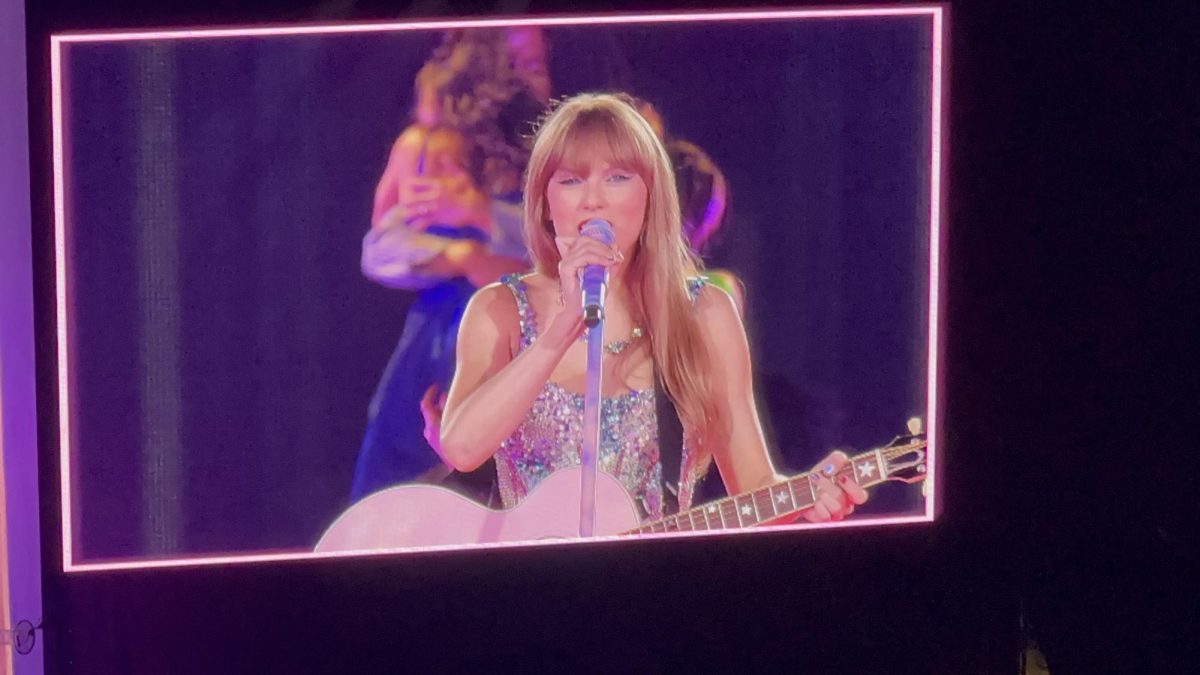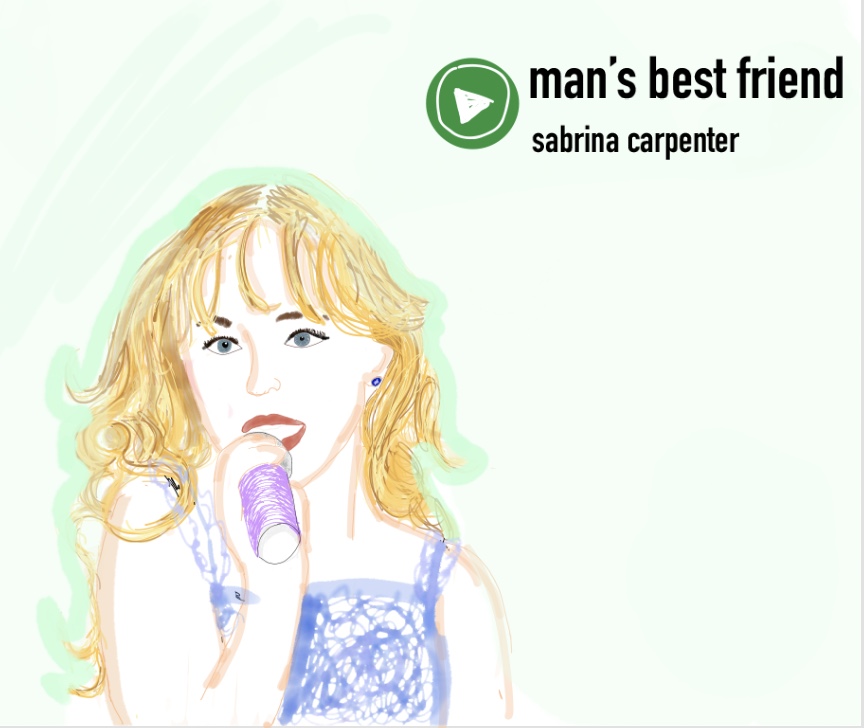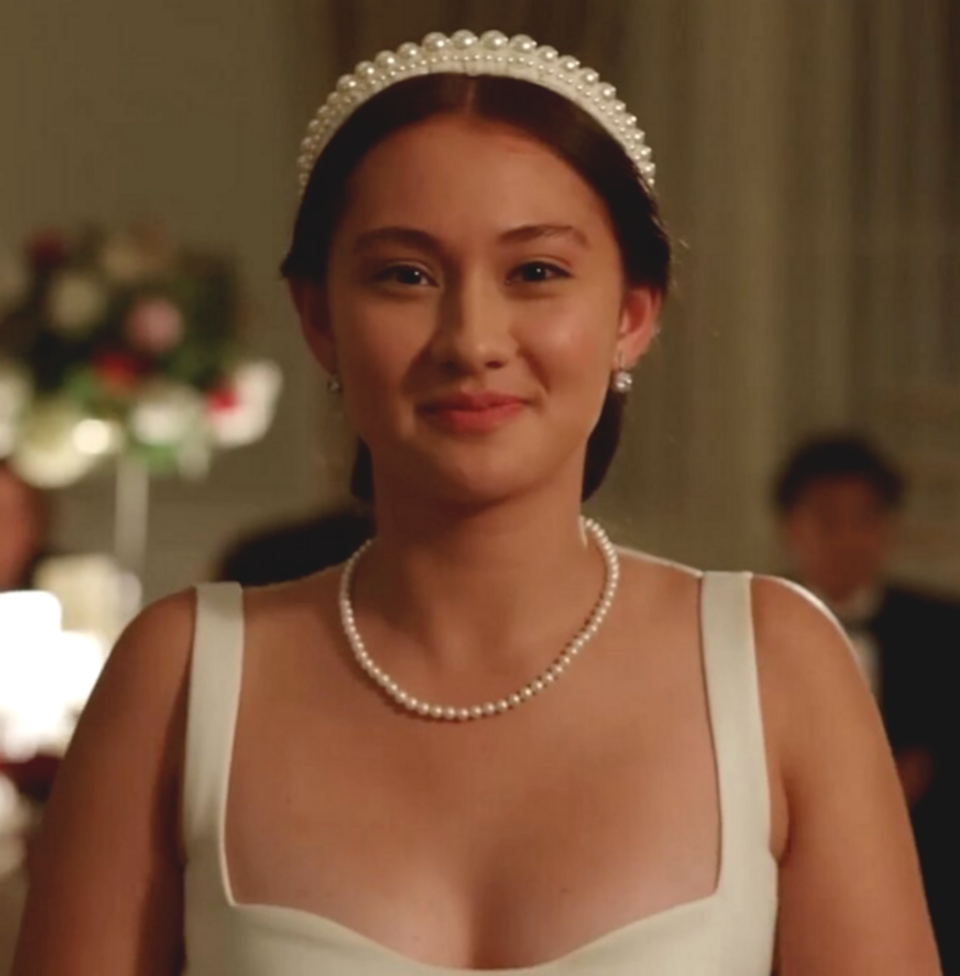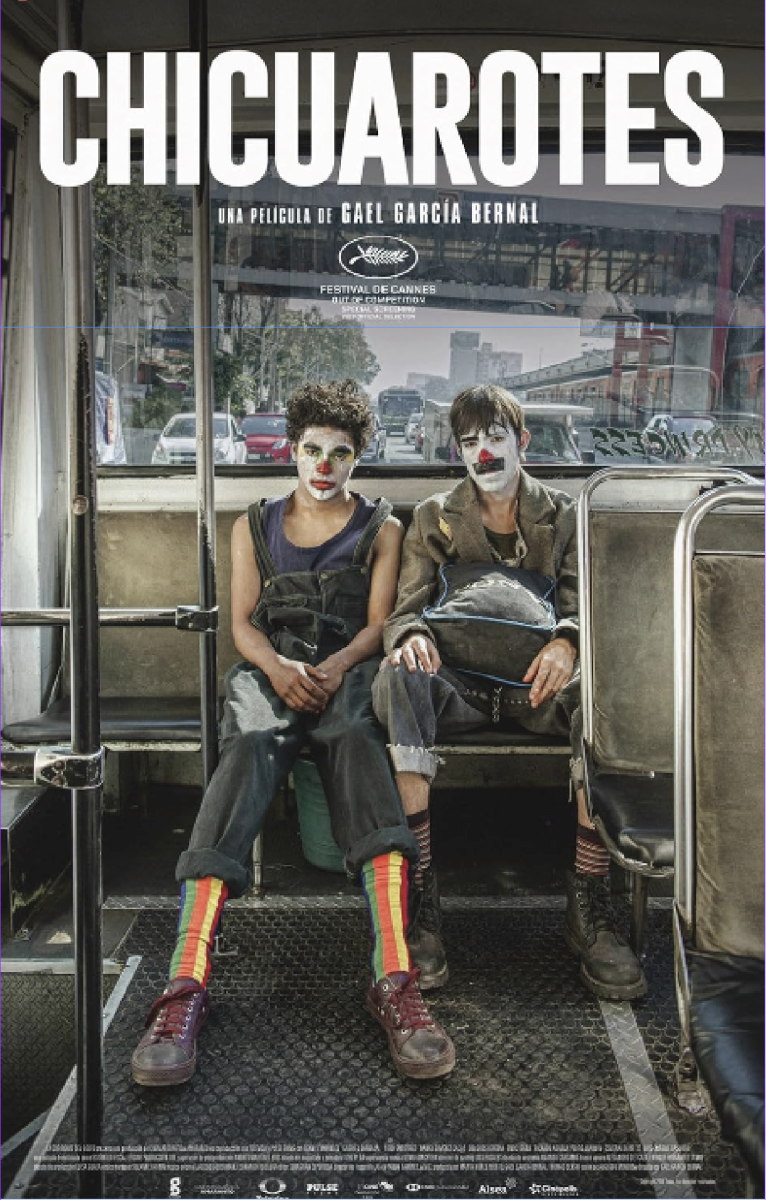Since Disney released its first cartoon, Steamboat Willie, in 1928, the studio has been known for making films featuring animals with human natures. Disney’s 2016 release, Zootopia, is no exception. It has the witty humor, cute elements and well-developed concept that is prevalent in most of its films. However, the newest animated feature that Disney released has been met with even more critical acclaim than is customary for the classic Disney film.
There are many aspects of the film that critics and students alike have simply adored! The artistry, the detail and, above all else, the film’s message.
“It may be approximately the 321st Disney movie about talking animals, but the film is exhilaratingly fresh: an irreverent product of our current era and an unmistakable satire of race relations,” NPR reporter, Andrew Lapin said.
Centered around an idyllic city, Zootopia,where everyone is reportedly equal, anthropomorphic animals run the show. The talking animals are having problems, however, since there have been accounts of predators going “savage.” In a struggle to understand why, Judy Hopps, our protagonist who struggled to become the first bunny cop, mentions in a moment of prejudice, that it might be biology. In a community where predator and prey lived harmoniously, her statement causes a lot of unrest.In addition to destroying the fragile peace in Zootopia, Hopps’ statement drives a wedge between her and her best friend and crime-solving partner Nick Wilde, who happens to be a fox:
Nick Wilde: I think you said plenty.
Judy Hopps: What do you mean?
Nick Wilde: [saddened] Clearly there’s a biological component? That these predators may be reverting back to their primitive savage ways? Are you serious?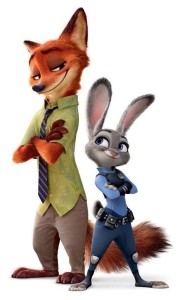
Judy Hopps: I just stated the facts of the case! I mean, its not like a bunny can go savage.
Nick Wilde: Right. But a fox could, huh?
Judy Hopps: Nick stop it! You’re not like them.
Nick Wilde: [getting angered] Oh, so there’s a them now?
Judy Hopps: You know what I mean! You’re not that kind of predator.
Nick Wilde: The kind that needs to be muzzled? The kind that makes you believe that you need to carry around fox repellent? Yeah you didn’t think I noticed that little thing on the first time we met? So l-let me ask you a question; Are you afraid of me? You think I might go nuts? That I’ll go savage? You think that I might try to…
[jumps forward]
Nick Wilde: EAT YOU?
[Judy jumps back and puts hand over Fox Spray]
Nick Wilde: I knew it. Just when I thought someone actually believed in me…
It’s impossible to ignore the racial undertones. In the movie, the lion mayor is replaced with a sheep, predators are losing jobs because of who they are, and there is general wariness around any carnivore. Luckily, our bushy-tailed bunny is able to fix things and alleviate the unrest, but not without a lot of mystery and fast-paced, heart touching, thought-provoking moments in between.
Teaching kids messages like this from an early age is very important. The same way other TV shows and movies teach kids to share and tell the truth, Zootopia tells them not to assume things about people, and not to group them into categories. The children then grow up knowing this and it’s ingrained into them, since they learned acceptance and faith from the beginning. “I remember my parents showing me the original Sleeping Beauty and Cinderella and stuff like that whenever I was really young and Zootopia is definitely going to be one I show my kids when I have them,” sophomore Rachel Johnson said.
And with good reason. Zootopia is beautiful, funny, clever and really hard-hitting. It’s a movie that kids, and some adults, can benefit from seeing over and over again. The film is fun and colorful and, as the Washington Post observed, “It’s just the beginning of the hard work of becoming the best, most open-minded bunny you can be.”


